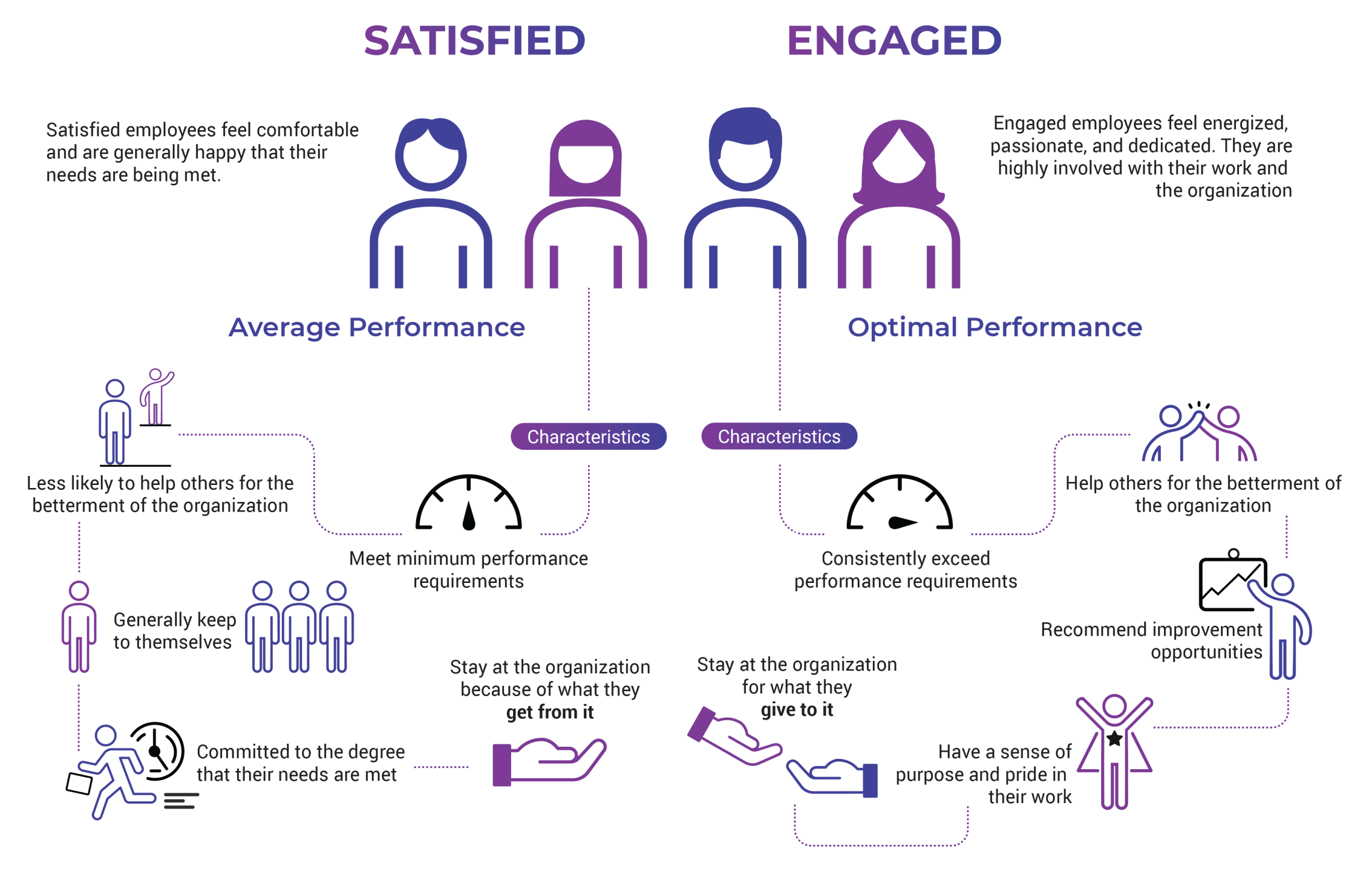Understanding Legal and Compliance Aspects in Your Outsourcing Journey
본문
This article is a submission by Managed Services Partners. Managed Services Partners is an outsourcing agency with over 6 years of experience assisting organizations enhance operations and drive development.
Embarking on the contracting out journey is an endeavor that many services carry out to improve efficiencies, lower costs, and leverage specialized skill.
However, along with these potential benefits come a host of legal and compliance complexities that need to be thoroughly navigated to make sure the success and sustainability of contracting out efforts.
This thorough guide will explore key legal and compliance factors to consider, with a concentrate on data personal privacy laws, non-disclosure contracts (NDAs), non-compete clauses, and the crucial role of flexibility in today's vibrant service environment.
The outsourcing landscape
Outsourcing is more than a method for unloading non-core jobs; it is a transformative method that can enhance a company's flexibility and competitiveness.

Whether it's IT services, client assistance, producing processes, or personnels, outsourcing can provide a significant edge. Companies that successfully contract out can focus on core organization operations, drive development, and access top skill without the overhead expenses of full-time work.
However, this journey is not without its legal and compliance obstacles. Companies should bear in mind the intricacies surrounding the transfer and management of data, the security of intellectual property (IP), and the upkeep of regulative compliance.
Given the worldwide nature of outsourcing, businesses need to likewise consider cross-border legal implications, which may vary significantly depending on the nation where the outsourcing provider runs.
Understanding these elements is vital in guaranteeing that contracting out partnerships line up with a company's strategic goals while mitigating potential legal risks.
Oftentimes, businesses that disregard legal and compliance factors to consider face pricey disagreements, loss of sensitive data, or reputational damage that can take years to recuperate from.
Importance of legal factors to consider

Outsourcing inherently involves legal considerations that are vital to safeguarding a company's interests. At the leading edge is the requirement to safeguard delicate information. Companies need to comprehend and adhere to information personal privacy laws that govern the jurisdictions in which they run.
This is particularly crucial as information breaches can result in extreme monetary penalties and reputational damage.
Furthermore, intellectual residential or commercial property rights need to be plainly defined in outsourcing arrangements to avoid unapproved usage or misappropriation of exclusive properties. If these rights are not appropriately established, a company may lose control over important developments or confidential company processes.
For organizations running in extremely managed industries such as healthcare, financing, or legal services, compliance requirements are a lot more rigid.

Complying with guidelines such as the General Data Protection Regulation (GDPR) in Europe or the Health Insurance Portability and Accountability Act (HIPAA) in the United States is important to preventing legal problems.
Non-Disclosure Agreements (NDAs) and non-compete stipulations
When outsourcing, business regularly share proprietary info with external company.
To safeguard this important information, NDAs are utilized. These agreements are designed to avoid the unauthorized dissemination of secret information, thus safeguarding the business's competitive advantage.
NDAs should be detailed and lawfully binding, plainly describing what constitutes private info and the responsibilities of both parties in dealing with delicate data. Businesses should likewise make sure that their NDAs include arrangements for legal recourse in case of breaches.
Similarly, non-compete clauses can be included to avoid service suppliers from exploiting delicate understanding gotten during the contracting out partnership to benefit a rival. This is especially crucial when contracting out freelancers or companies that might have numerous clients in the very same market.
However, the enforceability of non-compete stipulations can differ significantly depending on the jurisdiction. Some regions have rigorous policies limiting the scope and period of such stipulations.

Therefore, it's vital for business to speak with legal experts with experience in the pertinent legal frameworks to draft efficient agreements.
Contracts: Setting the structure
Contracts function as the plan for the outsourcing collaboration, specifying roles, responsibilities, deliverables, and timelines. They likewise outline the legal and compliance expectations for both parties.
A well-structured agreement ought to attend to a number of crucial elements:

Scope of work: Clear and detailed descriptions of the services to be offered, including quality requirements and performance metrics.
Data security: Specific stipulations related to data security, information transfer procedures, and breach notice protocols to make sure adherence to laws.
Intellectual Property rights: Provisions that develop ownership of IP produced during the partnership, and terms that safeguard pre-existing IP.
Termination stipulations: Terms that deal with the possible end of the outsourcing relationship, including notification periods and conditions under which termination can happen without penalty.
Additionally, businesses should think about executing service-level agreements (SLAs) to ensure accountability and performance tracking. SLAs specify measurable standards that the outsourcing provider must satisfy, supplying organizations with option if expectations are not satisfied.
Engaging with service providers
Consulting with prospective service companies during the early stages of the outsourcing journey is a tactical move. This engagement enables companies to evaluate the company's ability to satisfy legal and compliance requirements.
Thorough vetting procedures, such as requesting referrals, evaluating previous projects, and evaluating compliance accreditations, can offer valuable insights into the company's reliability and adherence to industry standards.
Businesses ought to also assess the monetary stability of prospective outsourcing partners.
A company that deals with monetary difficulties might not have the ability to preserve operations long-term, posturing a risk to continuous projects. Conducting due diligence beforehand can prevent future disruptions.
The function of adaptability in legal and compliance methods
Adaptability is an important element of effective outsourcing, particularly when it comes to navigating developing legal landscapes. Regulations and market conditions can alter quickly, making it essential for business to remain nimble.
Building versatility into contracts and establishing procedures for ongoing compliance tracking can help businesses adjust to new legal requirements and maintain a competitive edge.
For instance, if a business is contracting out consumer support operations to numerous countries, they should make sure compliance with various nationwide laws regarding customer defense and information personal privacy.

Regularly upgrading policies and contracts in action to legislative changes can prevent legal risks.
Real-world considerations and finest practices
To guarantee legal and compliance success in outsourcing, companies should embrace the following finest practices:
Regular audits and evaluations
Conduct regular audits and evaluations to ensure that provider remain certified with legal and regulatory requirements. This proactive approach can help recognize potential gaps before they escalate into considerable problems.
Training and awareness
Educate staff members and outsourced teams on information protection practices and legal responsibilities. This guarantees that everyone involved in the contracting out journey understands the value of compliance and the role they play in safeguarding details.
Collaboration and interaction
Foster a collective relationship with provider. Open lines of communication can help attend to compliance issues promptly and facilitate joint analytical efforts.
Crisis management planning
Have contingency plans in place in case of security breaches, contract disputes, or service provider failures. A well-structured crisis management plan guarantees that organizations can rapidly respond to challenges without substantial disruptions.
Legal compliance for outsourcing success
Understanding the legal and compliance aspects of outsourcing is essential for businesses aiming to utilize external abilities while securing their interests. By concentrating on essential areas such as data privacy, NDAs, non-compete clauses, copyright rights, and flexibility, business can efficiently browse the outsourcing landscape.
Successful contracting out hinges on a collective method between the business and its service companies. Building trust and keeping transparent interaction can result in efficient problem-solving and a shared commitment to compliance.

댓글목록0
댓글 포인트 안내